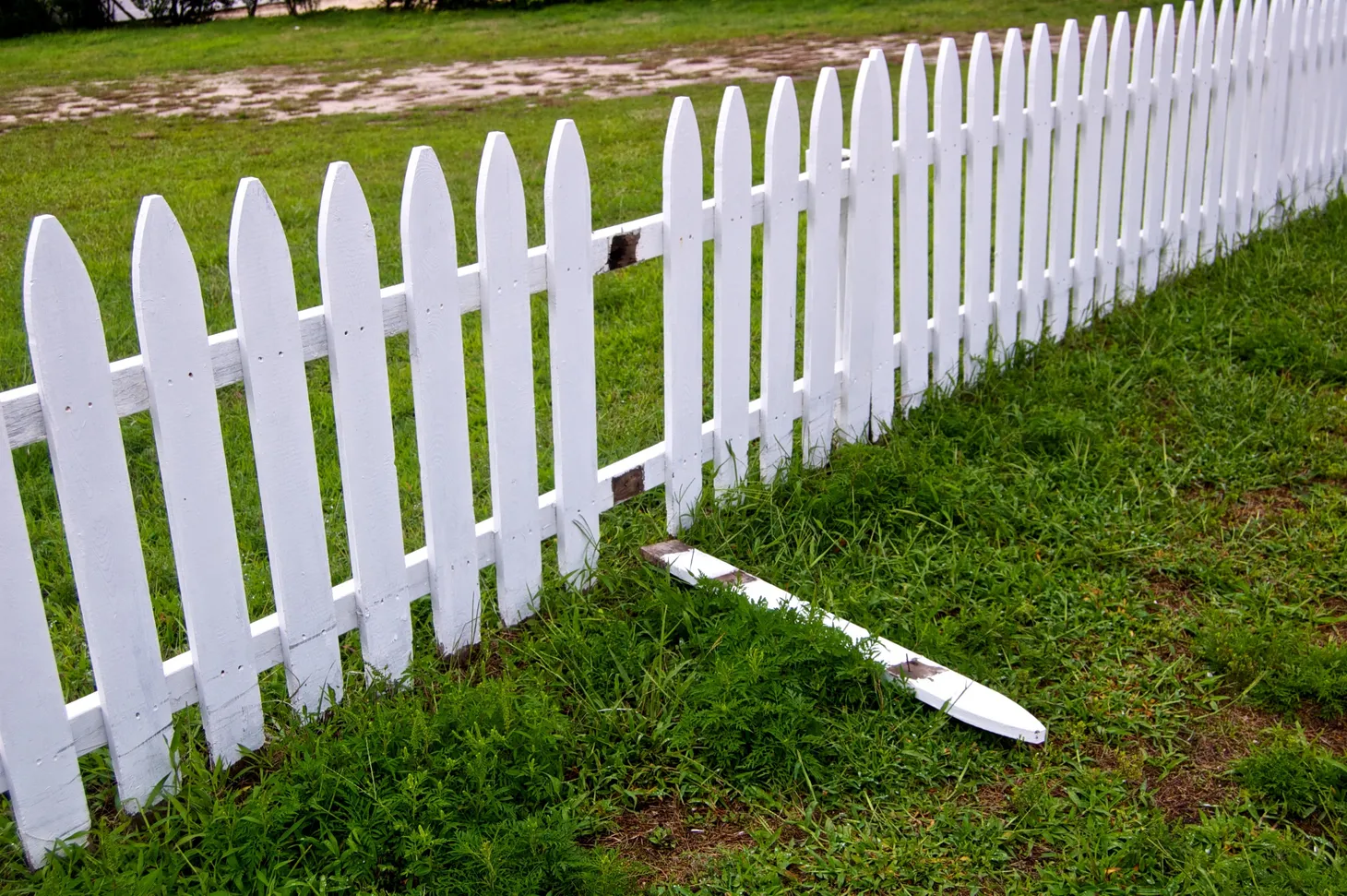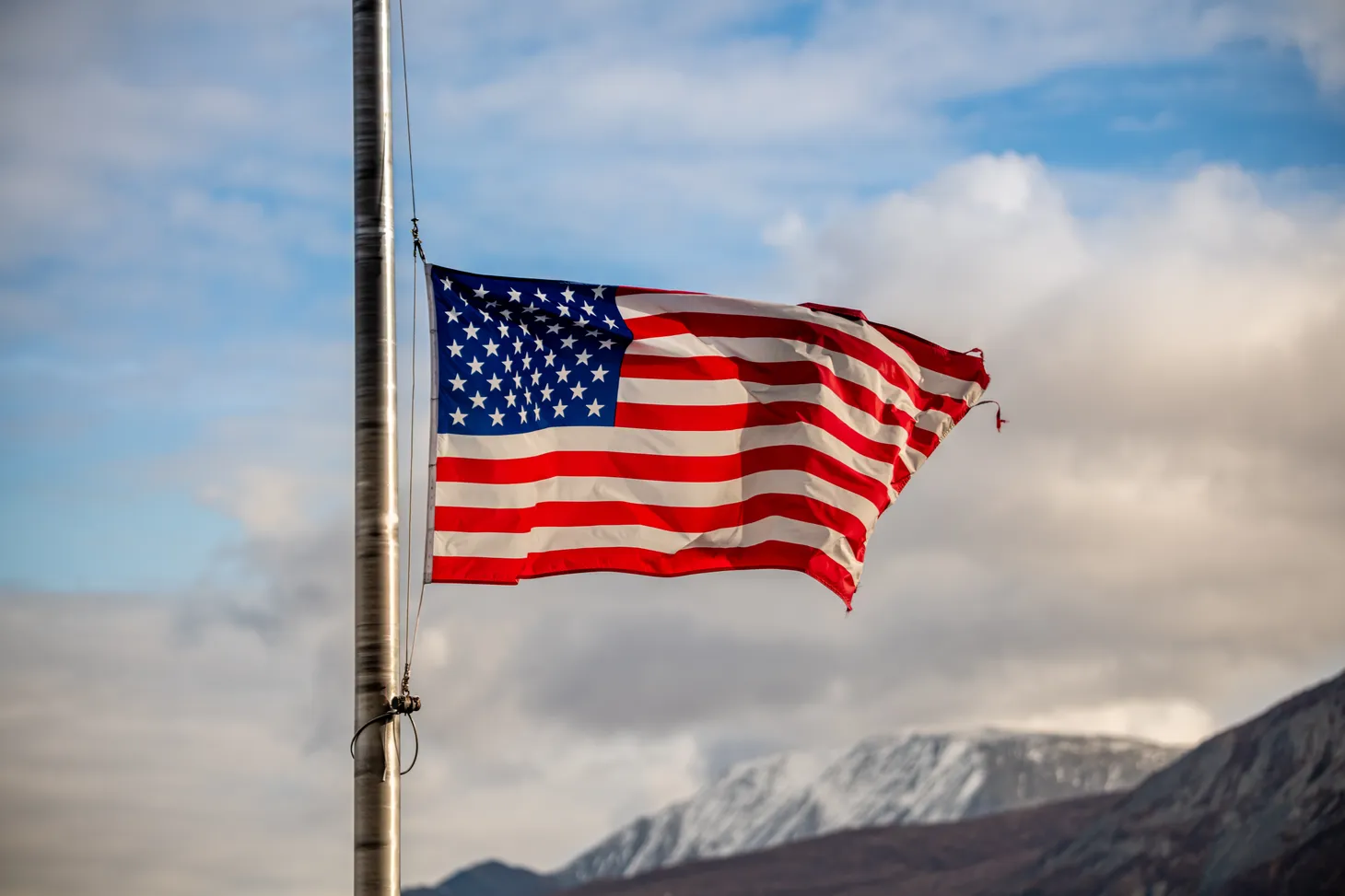With a delegation like this, Murkowski always had a losing hand
Murkowski's defenders: She did the best with a bad hand. The hand: Dan Sullivan, Nick Begich, Mike Dunleavy and Donald Trump.

It's Wednesday, Alaska.
In this edition: Alaska's public radio network – an integral part of life for the state's far-flung rural communities – is in for a world of hurt after Alaska's U.S. Sen. Dan Sullivan and Rep. Nick Begich voted to claw back some $30 million destined for the state. The vote also highlights a more profound schism between party loyalty and Alaska loyalty within Alaska's congressional delegation, which has U.S. Sen. Lisa Murkowski feeling 'hung out to dry' after trying to do her best with a bad hand on the Trump megabill.
Current mood: 🤕 (I crashed the heck out of my bike last week, and it turns out rib injuries frequently get worse before they get better.)
With a delegation like this, Murkowski always had a losing hand

Facing the threat of losing out on President Donald Trump's endorsement for their 2026 reelection bids, Alaska U.S. Sen. Dan Sullivan and U.S. Rep. Nick Begich joined Republicans in voting last week to defund NPR and the Corporation for Public Broadcasting. The impact on Alaska – a state whose far-flung rural communities rely on public stations more than most of the country, particularly in the event of life-threatening emergencies like the one that followed last week's 7.3 magnitude earthquake – is expected to be severe. Their votes will allow the Trump administration to claw back about $30 million that Congress had already approved for the state's 27 public radio stations, 11 of which rely on the federal Corporation for Public Broadcasting for the majority of their budgets.
Because Republicans passed the measure with votes to spare, Alaska U.S. Sen. Lisa Murkowski's vote wasn't needed, so there are no carve-outs – however superficial and temporary – for Alaska's stations. In a particularly grim interview with Alaska Public Media following the vote, Murkowski didn't sugarcoat what it would mean for Alaska’s stations.
“I have no surety that these small stations that provide such important connections within their community are going to be able to stay afloat,” she said, adding that any efforts to restore federal funding will be a near-impossible sell as long as her fellow Republicans are more beholden to Trump than their communities.
“I will just remind you of that vote that you saw last night on my amendment,” she said, referencing an amendment that would have spared the stations while still defunding NPR. “It was made very, very clear — and I don't have the tweet in front of me, you've seen it — but the president said … basically, ‘Anybody who wants my endorsement, you better not support the Corporation for Public Broadcasting.’”
Already, we’re hearing dire situations with several small stations warning that they may be forced to close altogether in the coming months.
In a letter from Kotzebue Vice Mayor Kathleen Sherman to the Congressional delegation, she warned that they would be “dramatically impacted” by the loss of the radio station, outlining everything that they’d lose.
“No more contemporary weather forecasts, no more timely emergency warnings, no more music, no more singspirations, no more local and national news, no more local sports broadcasting, no more live broadcasting of Kotzebue City Council meetings, no more live broadcasting of Northwest Arctic Borough Assembly meetings, no more Native America Calling broadcasts, no more Public Service Announcements, no more employment opportunity notices, no more broadcasting of notices of local, state and federal public meetings in the region, no more timely fishing and subsistence reports, no more Mukluk Telegraph, no more notices of community events, no more opportunities for local talk shows in Kotzebue with local officials, visiting officials and community persons — to name but a few irrevocable, irreplaceable losses for our community andthe NANA Region.”
In the big picture, it's the latest example of the kind of representation Alaska gets when it elects legislators whose reliable party loyalty has effectively relegated them to the backbench, unwilling and/or unable to advocate for the multifaceted interests and needs of Alaskans if it means stepping out of line with Trump.
What leverage do Sullivan and Begich have when their votes are never in doubt?
With friends like these
One of the common refrains from defenders of Murkowski's vote for the Trump megabill is that she was doing the best with the hand she was dealt. That if she didn't play ball, securing a bunch of temporary carve-outs that would only delay the pain on Alaska, that some other right-wing nut (Kentucky Sen. Rand Paul) would have, and it would have been so much worse for Alaska. Setting aside that less-than-comforting rationale for her vote, it means that Sullivan's vote was never in doubt for whatever Republicans brought to the finish line, no matter how vicious the cuts were to Alaska and its communities. Imagine, for a moment, if Sullivan truly had Murkowski's back in shaping the bill for Alaska, perhaps the carve-outs would have been more substantial or at least permanent. The reality, though, is his vote was never in question.
And for all of Sullivan's lip service about caring about Alaska's rural communities, he couldn't even muster a vote for Murkowski's amendment that would have defunded the big bad bogeyman of NPR but allowed money to continue to flow to rural stations. That would have required him to step out of line with Trump.
Instead, Sullivan's office has tried to save face by claiming that they struck some special kind of deal with the Trump administration to continue the flow of funding to "Native stations." His office has unsurprisingly offered little actual detail on what that agreement may entail – even a week since the vote – and stations are still in the dark about whether the money is actually available or when it might arrive. Thanks to some sleuthing by the Anchorage Daily News' Iris Samuels, it appears what he's referring to is a $9.4 million fund in the Bureau of Indian Affairs for tribal and Native stations.
The problem with that, however, is that the $9.4 million is set to be shared among Native American radio stations nationwide, meaning it will fall well short of the $30 million that Sullivan's vote clawed back.
It's a Band-Aid on a bullet wound.
And that's not to mention the little fact that Alaska doesn't actually have any tribal or Native-owned stations.
“We aren’t tribally owned, so frankly, it’s unclear whether or not those potential funds could even benefit a station like KYUK,” Kristin Hall, the manager of the Bethel-based station that serves the Yukon-Kuskokwim Delta with programs that include programming in Yup'ik, told the ADN. “Although it may support a small portion of us for a limited amount of time, with the limited details that I have, it doesn’t seem like a viable replacement for the entire network.”
Additionally, it does not appear that Sullivan even played any significant role in securing this uncertain amount of funding. He's taking credit for a handshake agreement that South Dakota Sen. Mike Rounds secured.
While Murkowski's vote — which broadly soured the moderate and progressive base that has helped her beat her Republican challengers — will come back to haunt her when she's next up for election, she was undoubtedly put into that situation because of the hand she was dealt – a hand that includes the likes of Sen. Sullivan, Rep. Begich and Gov. Mike Dunelavy.
And perhaps that's the point. Not only did Sullivan stick by Trump, securing his coveted endorsement this week, but he also hung Murkowski out to dry, setting her up for what will likely be her toughest reelection bid yet.
But still, before Murkowski is up in 2028, Sullivan and Begich will be up in 2026.
Alaskans will have a chance to get a new set of cards.
Stay tuned.
Reading list
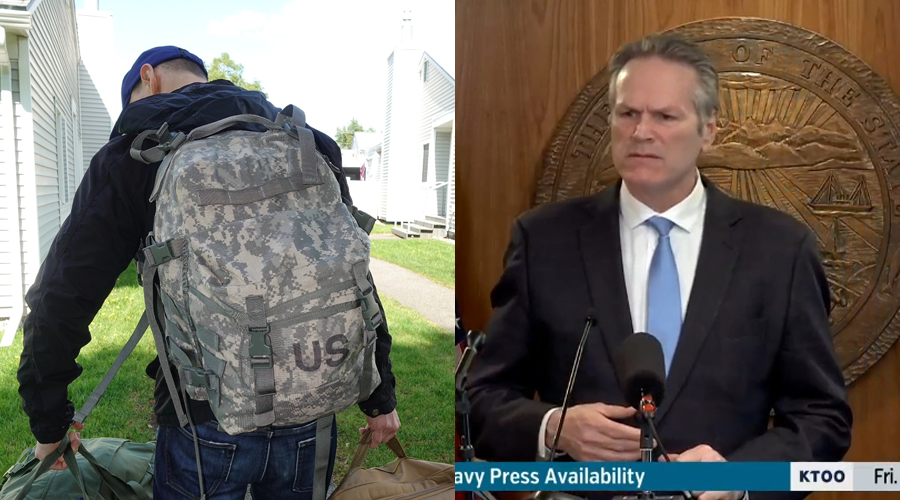
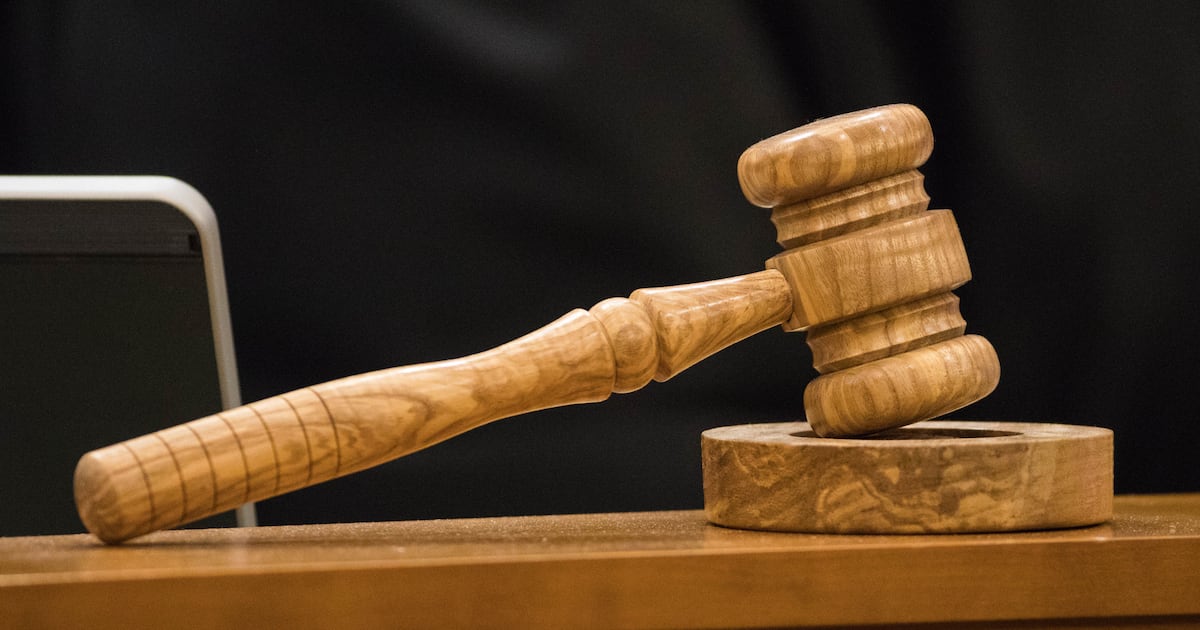
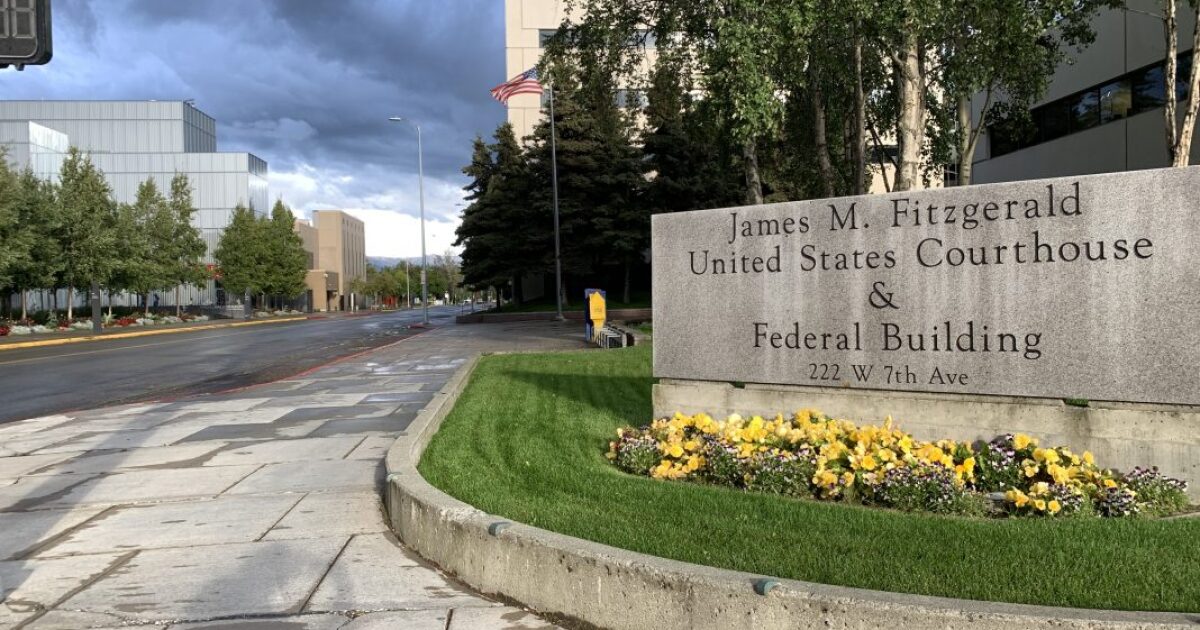


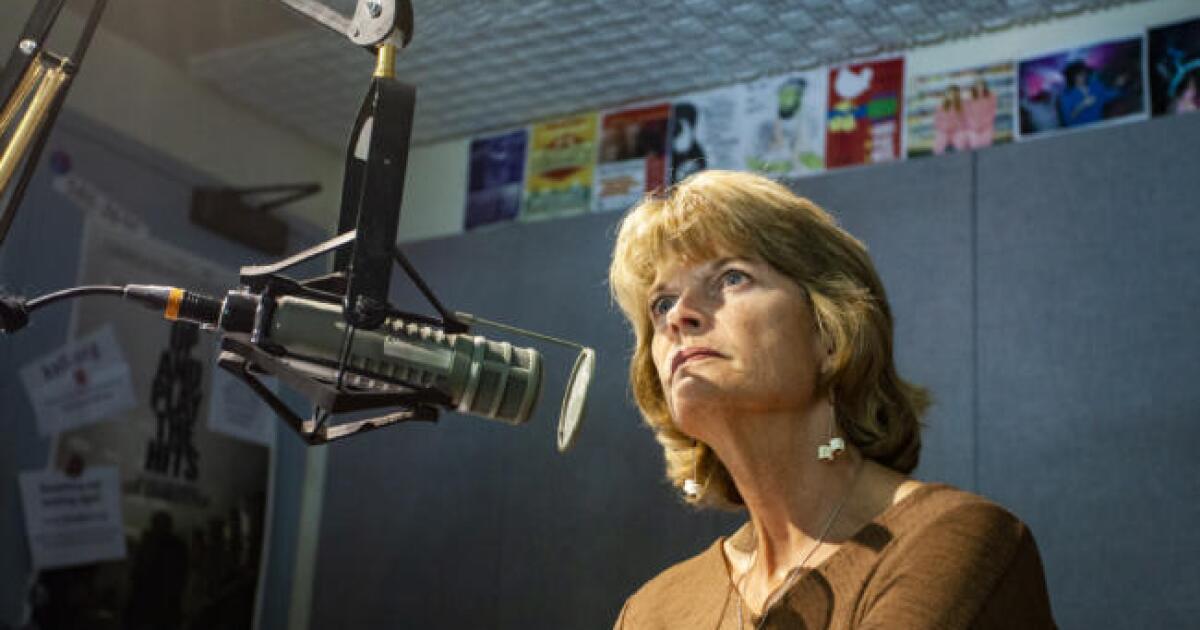
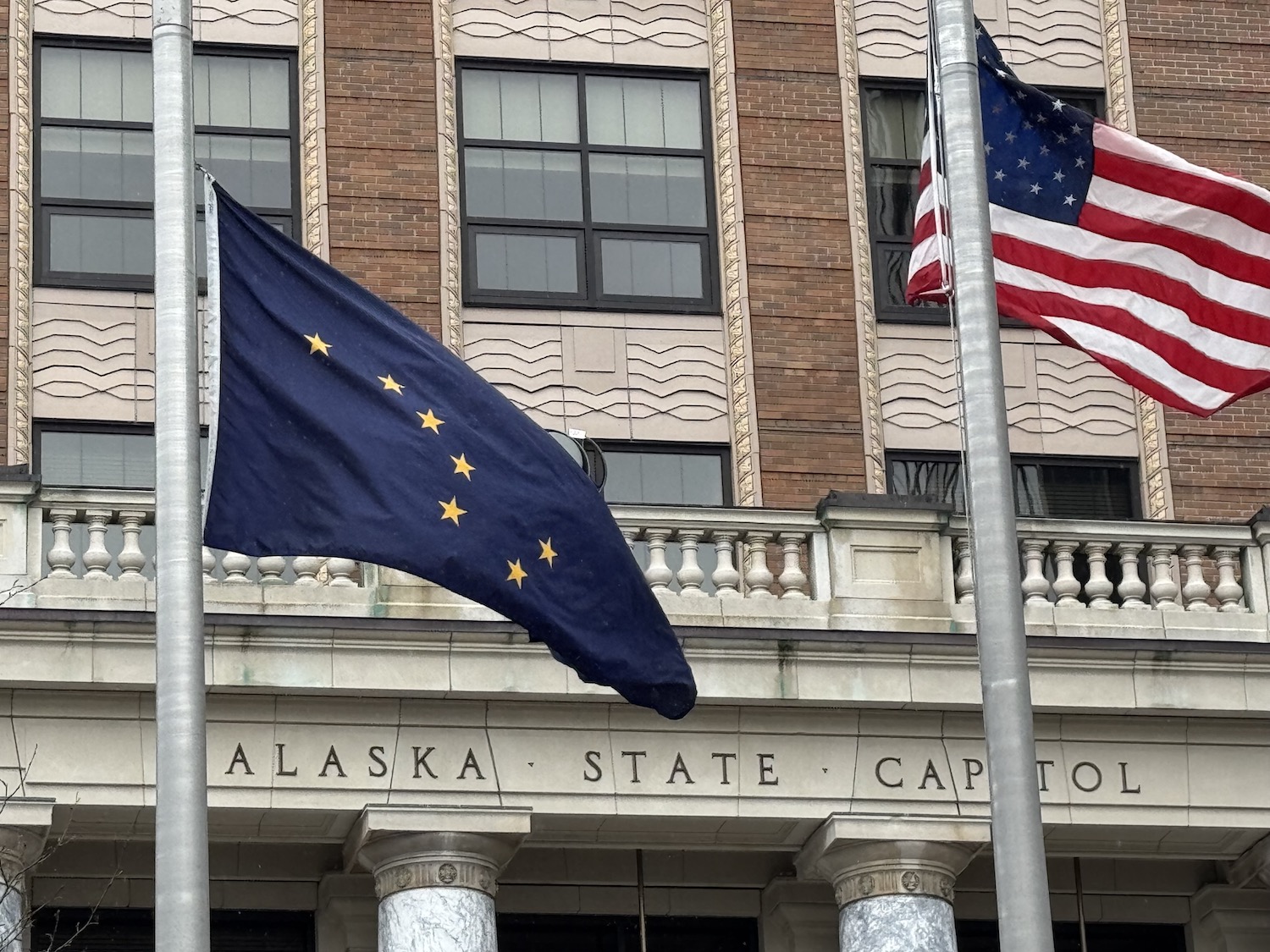
The Alaska Memo Newsletter
Join the newsletter to receive the latest updates in your inbox.










